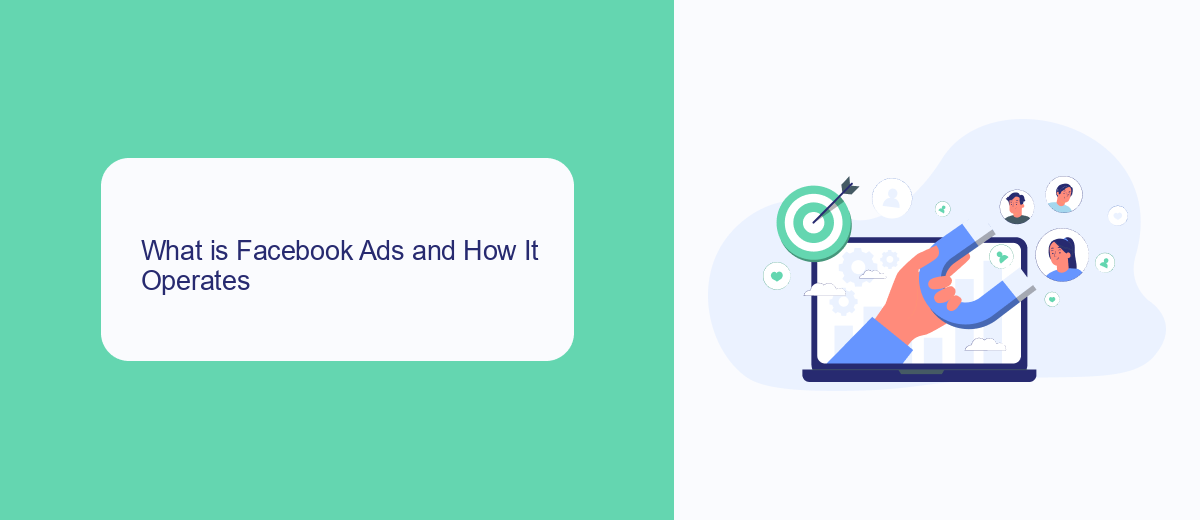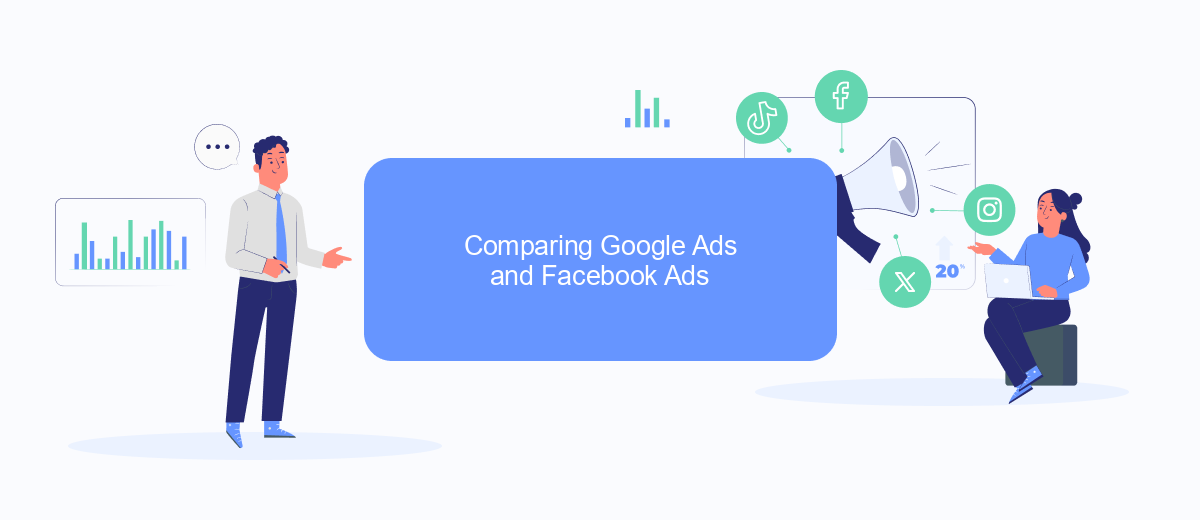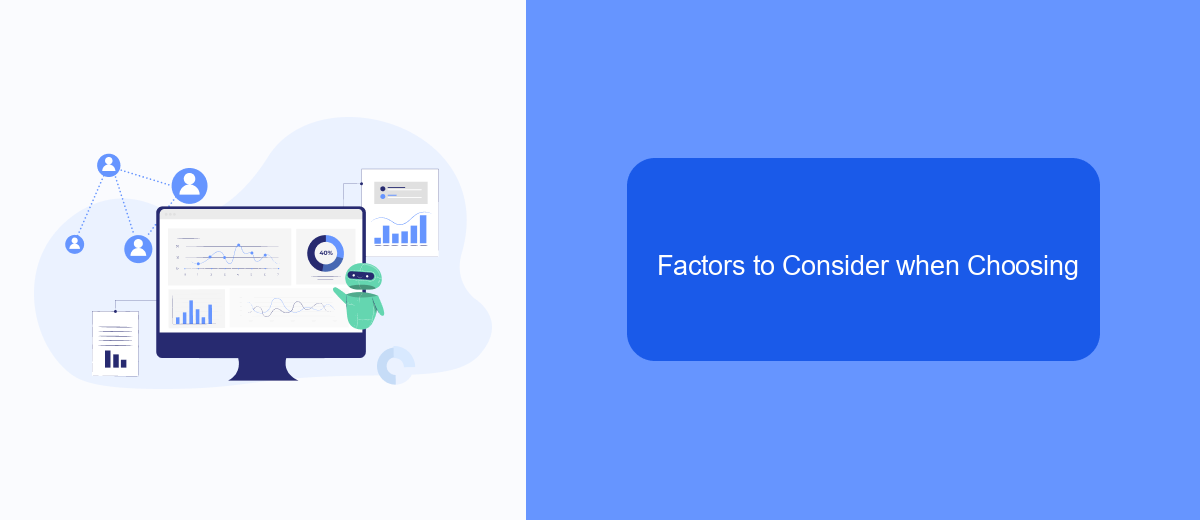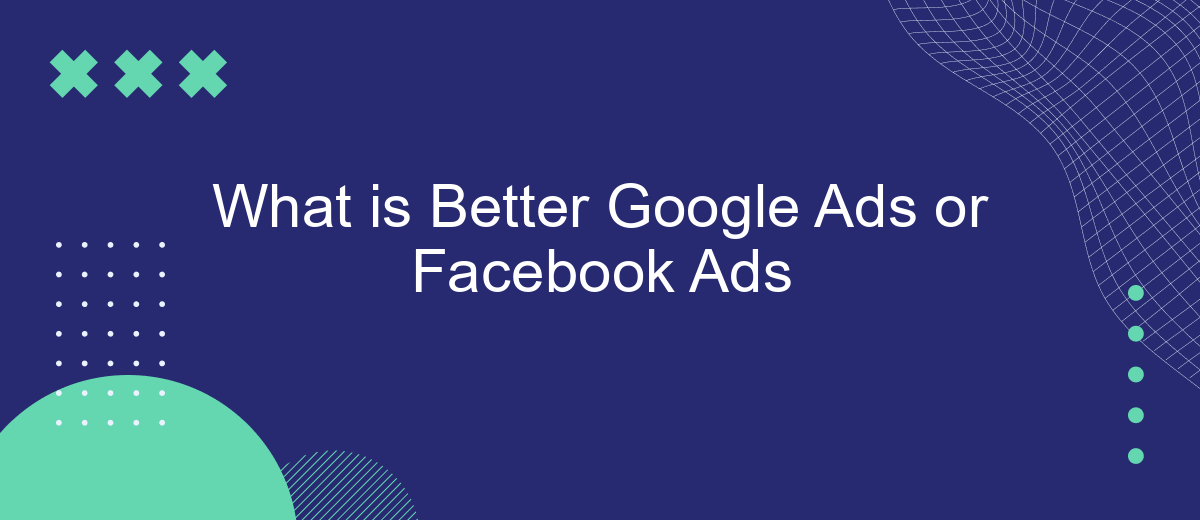In the ever-evolving landscape of digital marketing, businesses are constantly seeking the most effective platforms to reach their target audiences. Google Ads and Facebook Ads stand out as two of the most powerful tools available. This article delves into the strengths and weaknesses of each, helping you determine which platform might be better suited for your advertising needs.
What is Google Ads and How It Works
Google Ads is an online advertising platform developed by Google, where advertisers bid to display brief advertisements, service offerings, product listings, or videos to web users. It can place ads both in the results of search engines like Google Search and on non-search websites, mobile apps, and videos.
- Search Ads: Appear on Google search results pages.
- Display Ads: Shown on the Google Display Network, a collection of over two million websites.
- Video Ads: Displayed on YouTube and other Google partner sites.
- Shopping Ads: Appear on Google Shopping and other Google services.
- App Ads: Promote your app across Google’s network.
To maximize the effectiveness of Google Ads, it’s crucial to integrate it with other marketing tools and platforms. Services like SaveMyLeads can help automate and streamline these integrations, ensuring that your leads are efficiently captured and managed. SaveMyLeads offers seamless connectivity with Google Ads, allowing you to focus on optimizing your ad campaigns and improving ROI without worrying about the technicalities of data integration.
What is Facebook Ads and How It Operates

Facebook Ads is an online advertising platform that allows businesses to create and display ads to users on Facebook and its associated platforms like Instagram and Messenger. It offers a variety of ad formats, including image, video, carousel, and slideshow ads, enabling businesses to effectively showcase their products or services. Advertisers can target specific demographics, interests, and behaviors, ensuring their ads reach the most relevant audience. Additionally, Facebook Ads provides detailed analytics and reporting tools to help businesses track the performance of their campaigns and make data-driven decisions.
Operating Facebook Ads involves setting up an ad account, creating ad campaigns, and defining the target audience. Businesses can also integrate their Facebook Ads with other services to streamline operations. For example, SaveMyLeads allows for seamless integration between Facebook Lead Ads and various CRM systems, email marketing platforms, and other tools. This integration helps businesses automate the lead management process, ensuring that leads generated from Facebook Ads are efficiently captured and followed up on, ultimately improving campaign effectiveness and ROI.
Comparing Google Ads and Facebook Ads

When deciding between Google Ads and Facebook Ads, it's essential to understand the strengths and weaknesses of each platform. Both have unique features that can benefit different types of businesses depending on their goals and target audience.
- Targeting Options: Google Ads offers keyword-based targeting, which is ideal for capturing intent-driven searches. Facebook Ads, on the other hand, excels in demographic and interest-based targeting, making it suitable for brand awareness and engagement.
- Ad Formats: Google Ads primarily uses text-based ads and product listings, making it effective for search engine marketing. Facebook Ads provides a variety of formats, including image, video, carousel, and stories, which can be more engaging and visually appealing.
- Cost: The cost-per-click (CPC) can vary significantly between the two platforms. Generally, Facebook Ads tend to be more cost-effective for reaching a broader audience, while Google Ads may offer better ROI for high-intent searches.
Both platforms can be powerful tools when used correctly. For businesses looking to streamline their advertising efforts, integration services like SaveMyLeads can automate data transfer between Google Ads, Facebook Ads, and other marketing tools, ensuring efficient and effective campaign management.
Factors to Consider when Choosing

When deciding between Google Ads and Facebook Ads, it's crucial to consider several factors that can influence the effectiveness of your advertising campaign. Both platforms offer unique features and benefits, so understanding your business needs and target audience is essential.
First, assess your target audience. Google Ads is great for reaching users actively searching for specific products or services, while Facebook Ads excels in targeting based on interests, behaviors, and demographics. Knowing where your audience spends their time online can guide your decision.
- Budget: Consider your budget and how each platform charges for ads.
- Ad Format: Determine which ad formats (text, image, video) will best showcase your offerings.
- Integration: Use services like SaveMyLeads to streamline data integration from ads to your CRM or email marketing tools.
- Analytics: Evaluate the reporting and analytics features of each platform to measure campaign success.
Ultimately, the choice between Google Ads and Facebook Ads depends on your specific marketing goals. By carefully considering these factors, you can select the platform that will maximize your return on investment and drive the best results for your business.
Advantages and Disadvantages of Each Platform
Google Ads offers a vast reach due to its integration with the Google Search Network and Display Network, allowing businesses to target users actively searching for products or services. Its advanced targeting options and robust analytics provide in-depth insights into campaign performance. However, Google Ads can be more expensive, especially for competitive keywords, and requires a steeper learning curve to manage effectively.
Facebook Ads excels in audience targeting through its detailed demographic, interest, and behavior data. It is particularly effective for businesses looking to engage users through visual content and social interactions. Additionally, Facebook Ads are generally more cost-effective for brand awareness and engagement campaigns. On the downside, Facebook’s advertising platform has less intent-driven traffic compared to Google Ads, and its ad approval process can be stringent. For seamless integration and automation of ad campaigns, services like SaveMyLeads can be highly beneficial, simplifying the process and ensuring efficient lead management.
FAQ
What are the main differences between Google Ads and Facebook Ads?
Which platform is more cost-effective?
How do I determine which platform to use for my business?
Can I use both Google Ads and Facebook Ads together?
How can I automate and optimize my ad campaigns?
What do you do with the data you get from Facebook lead forms? Do you send them to the manager, add them to mailing services, transfer them to the CRM system, use them to implement feedback? Automate all of these processes with the SaveMyLeads online connector. Create integrations so that new Facebook leads are automatically transferred to instant messengers, mailing services, task managers and other tools. Save yourself and your company's employees from routine work.
